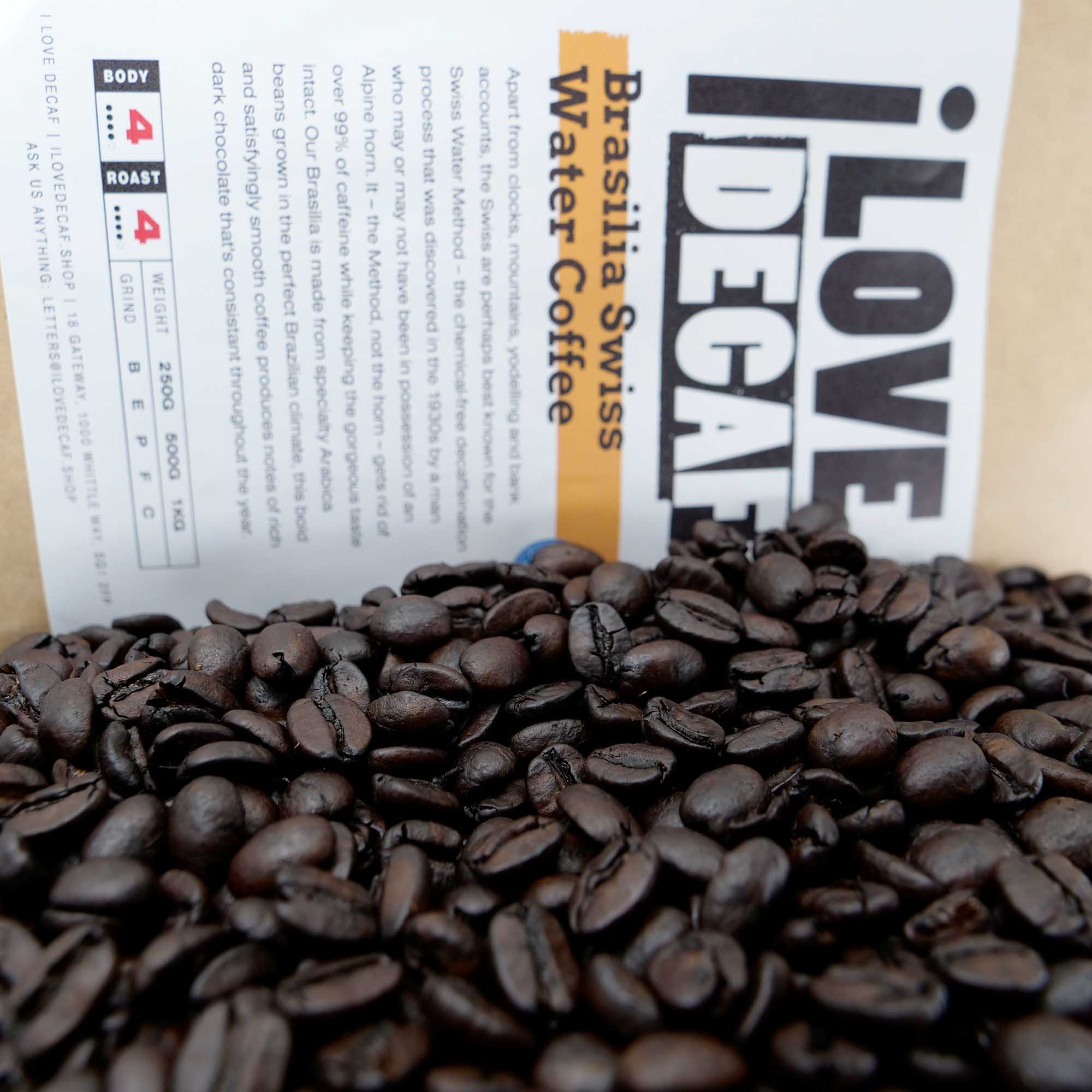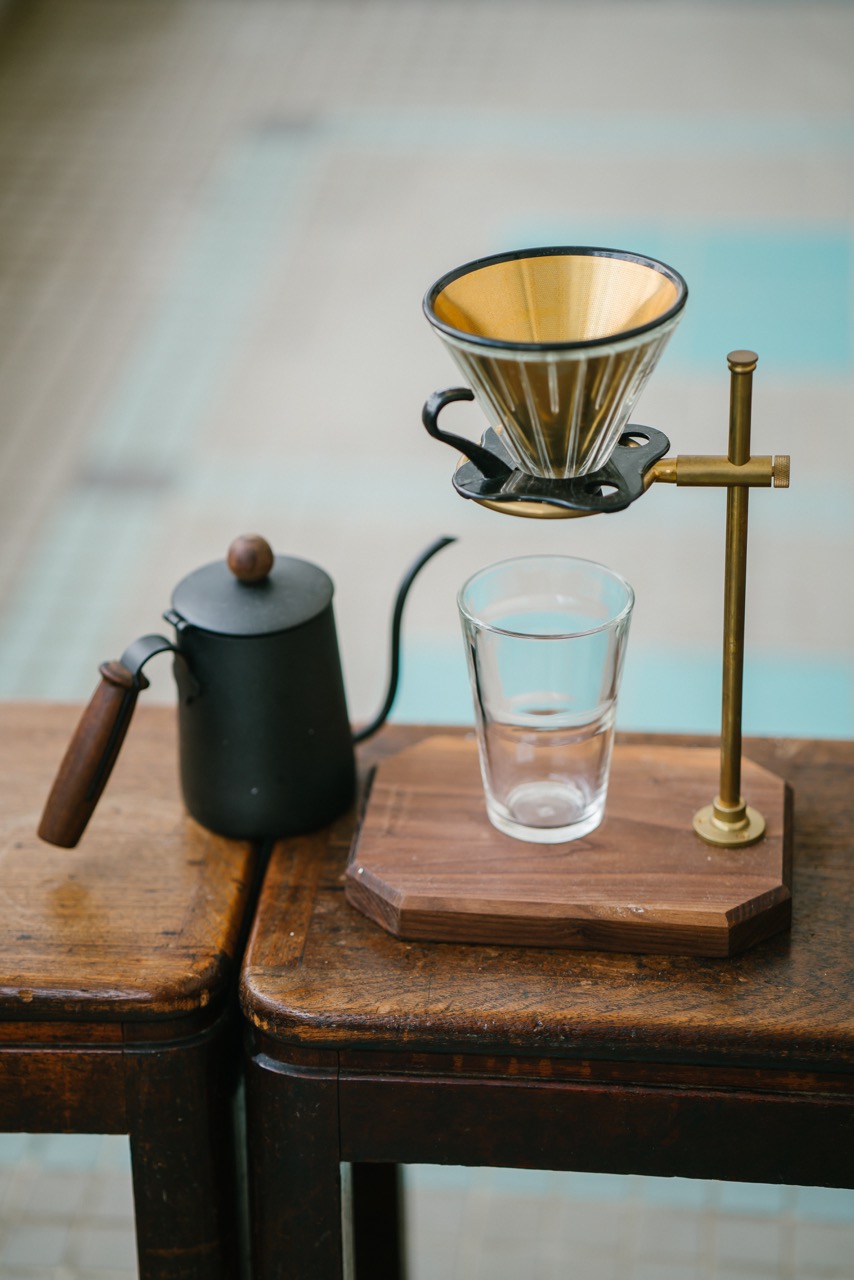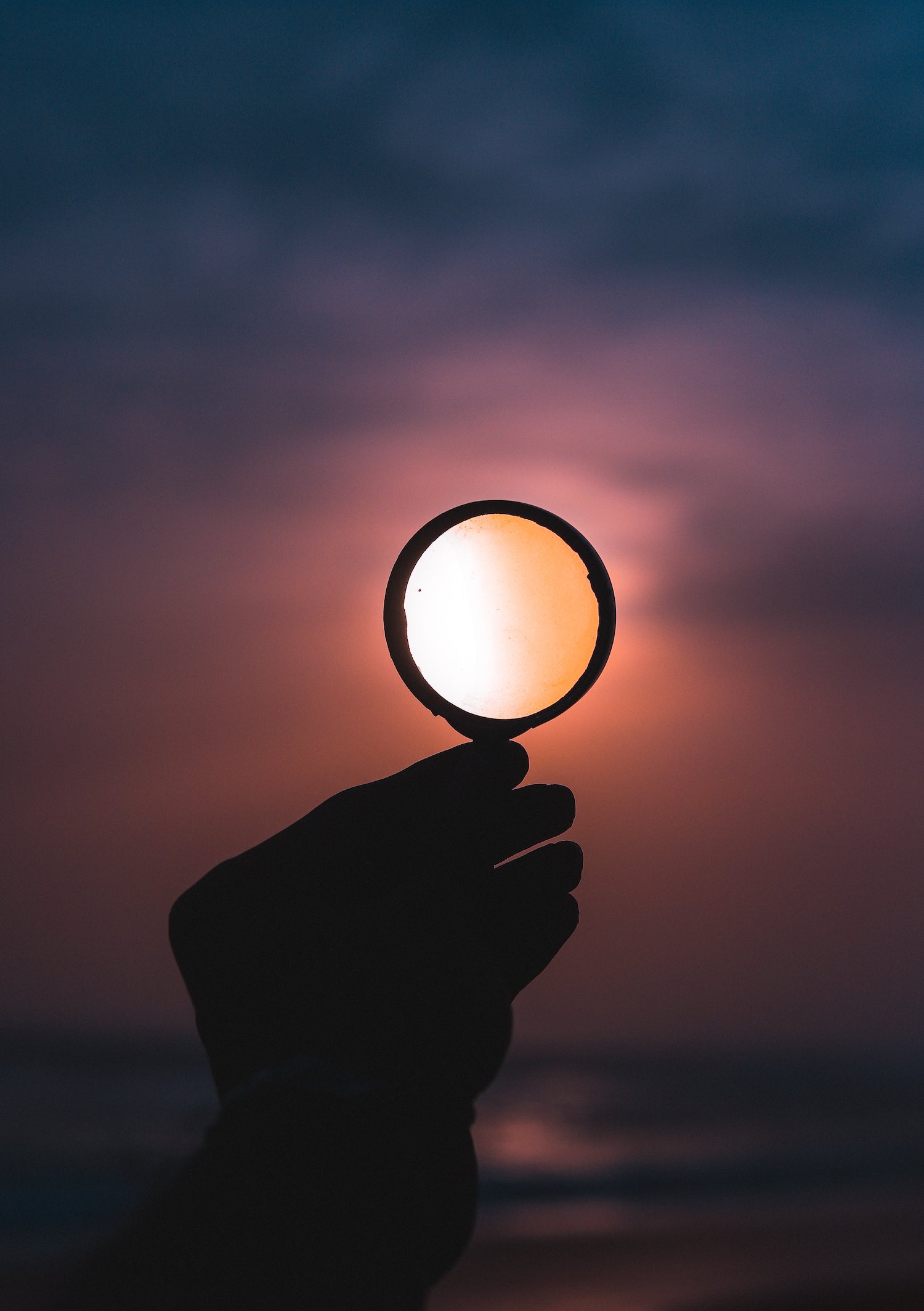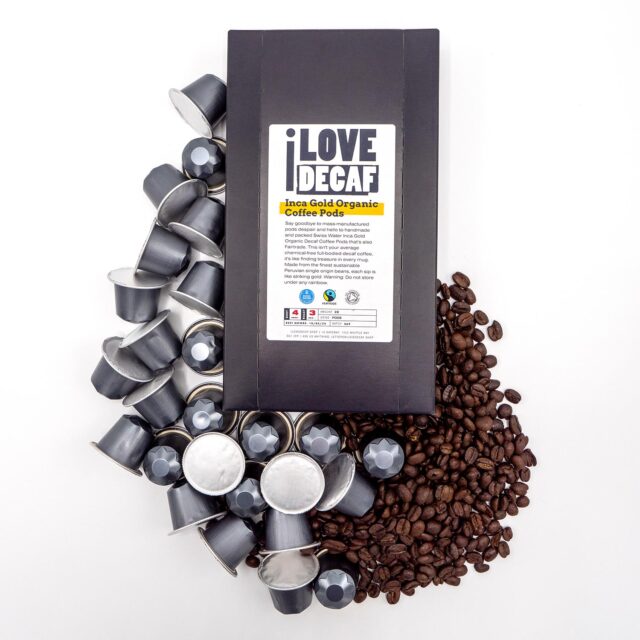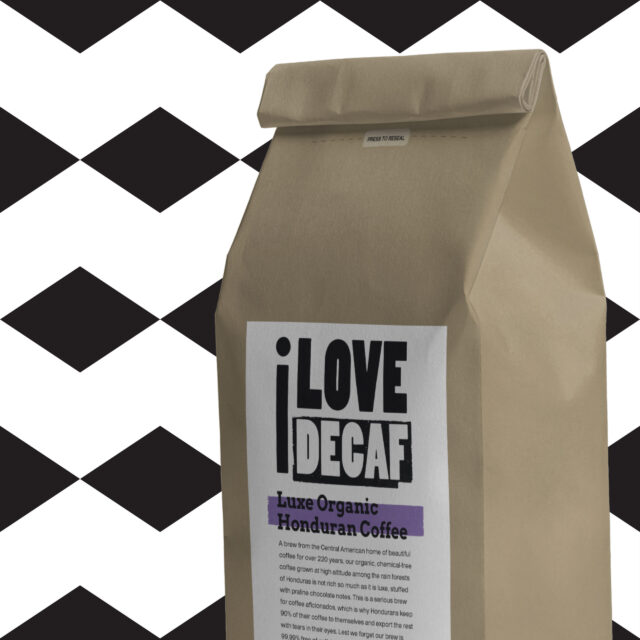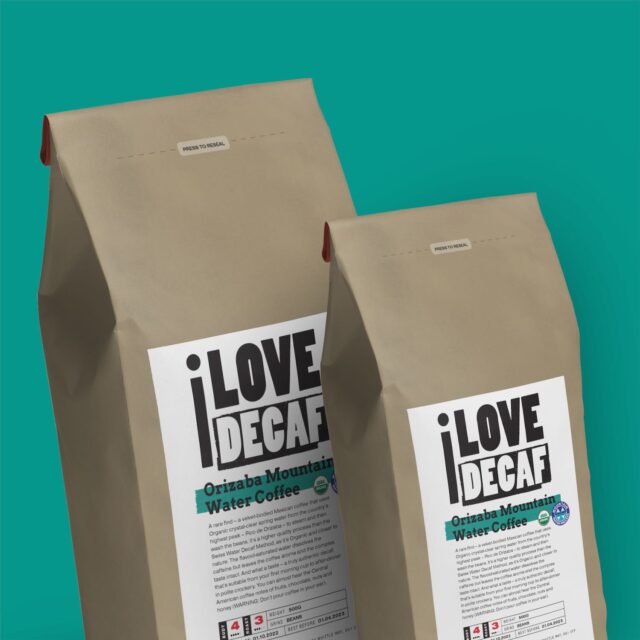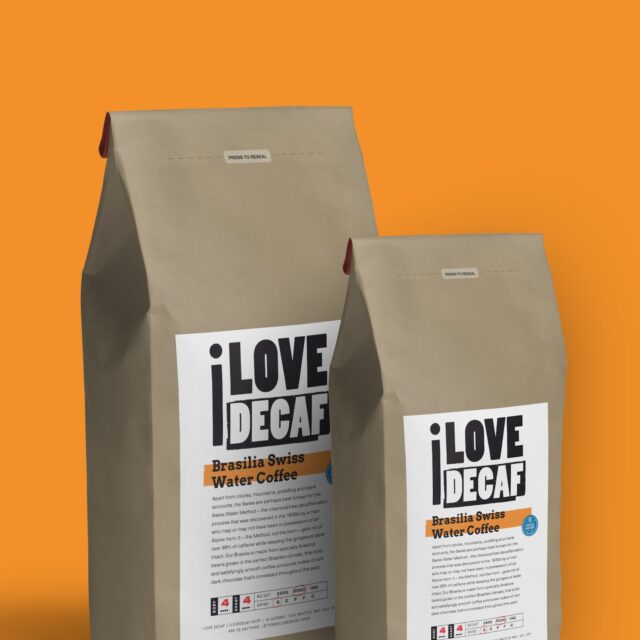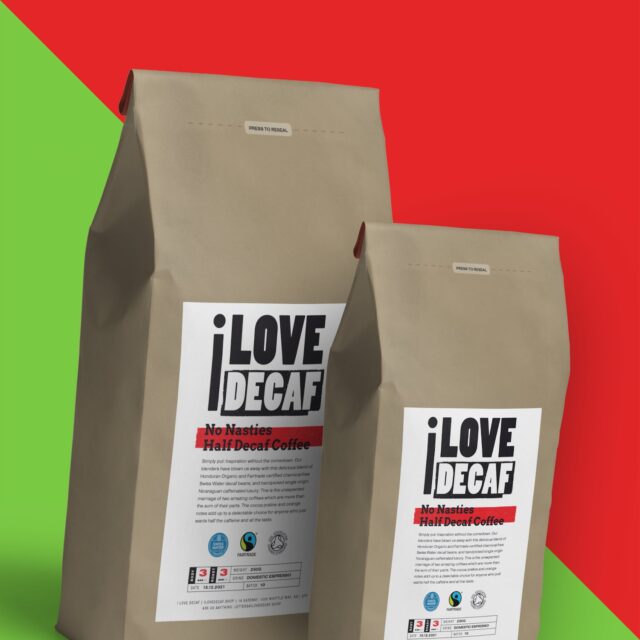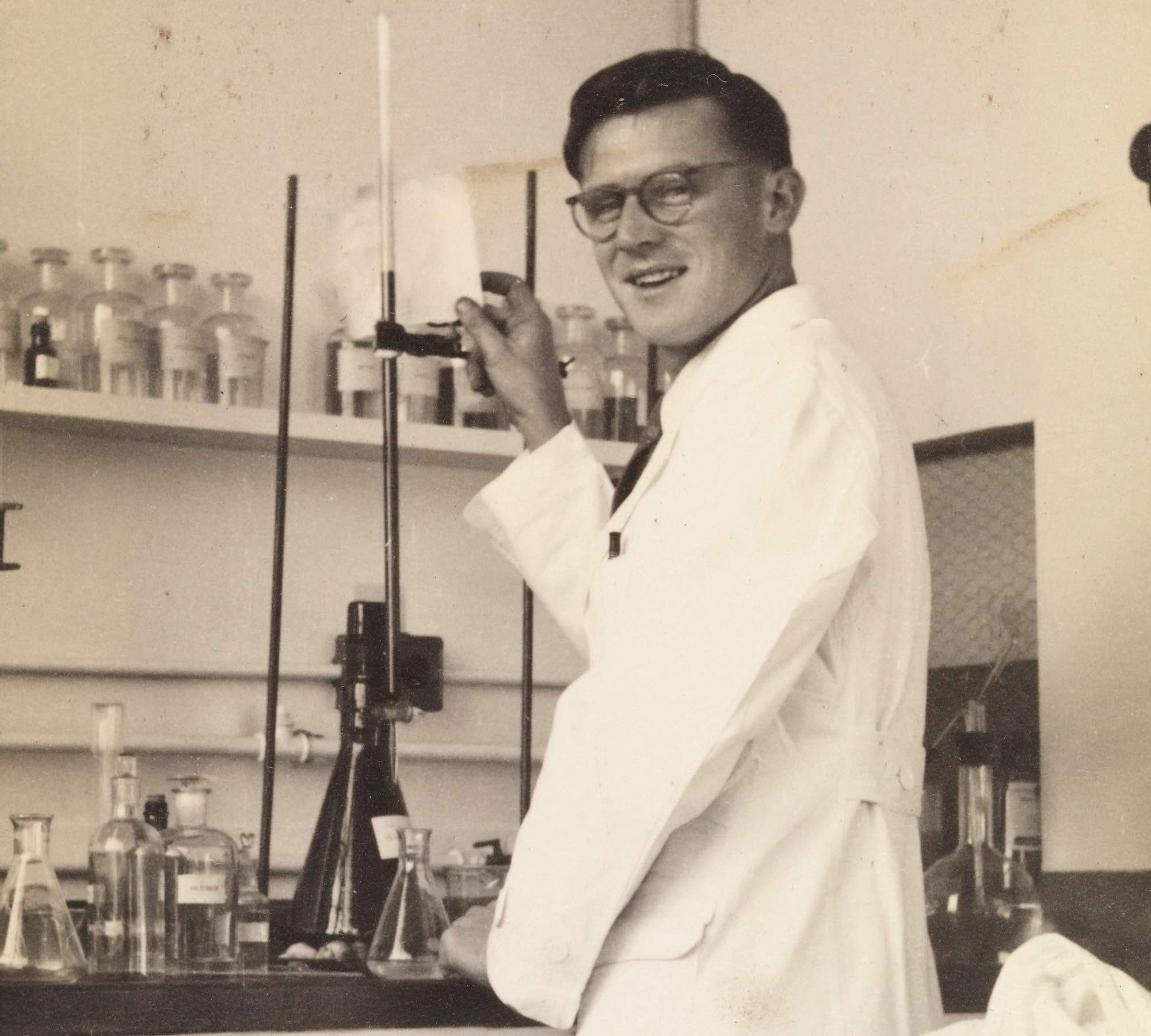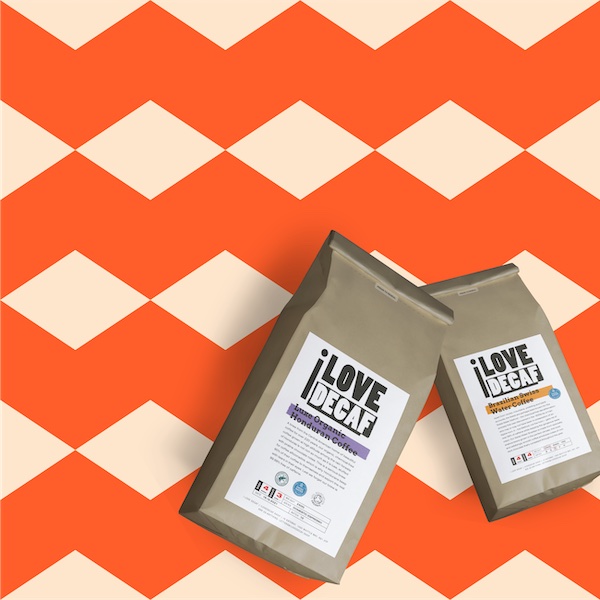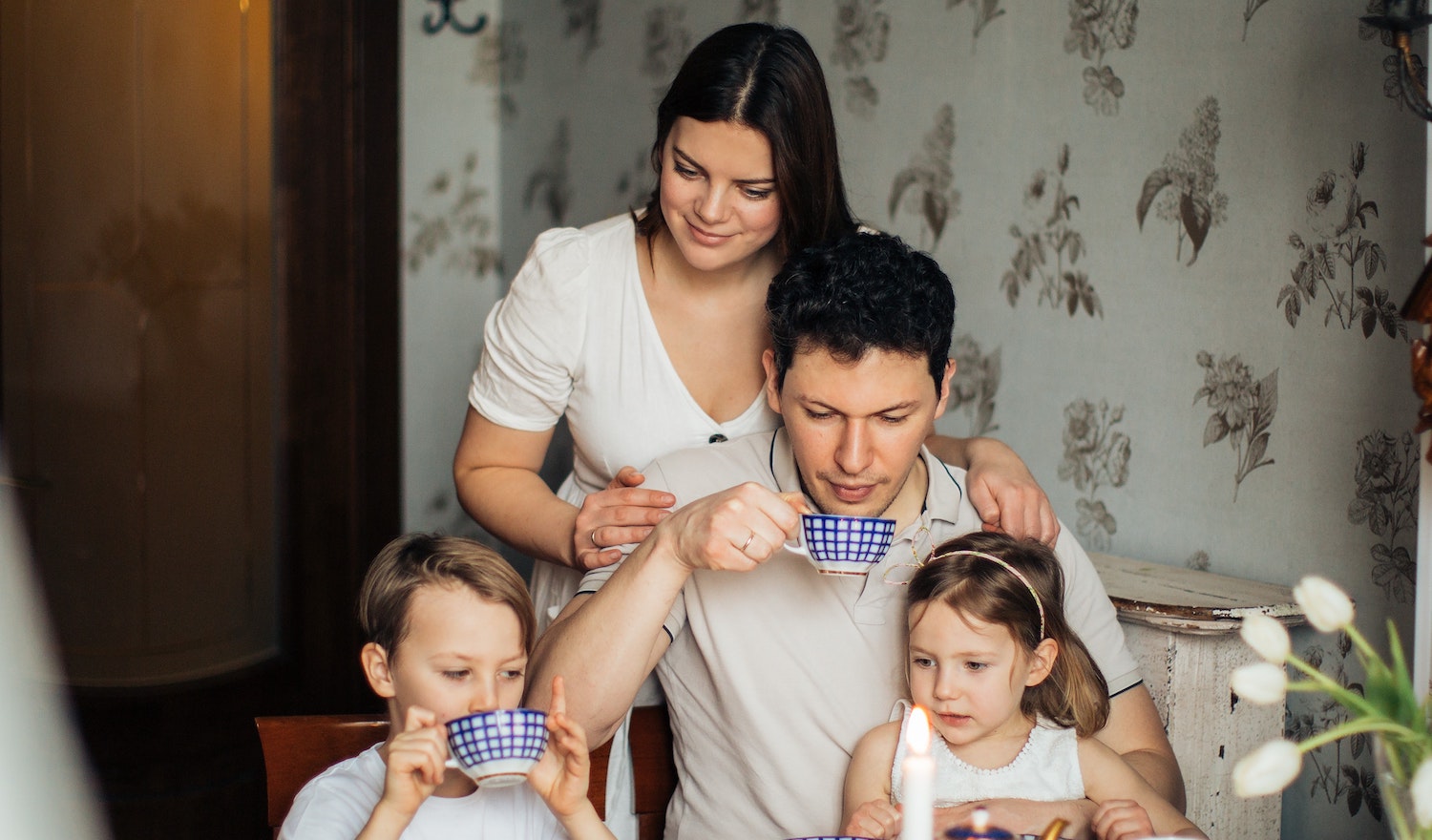Subtle Variations in Coffee Bean Colours: Regular vs. Decaffeinated
Have you ever wondered about the subtle differences in colour between decaffeinated coffee and its regular counterpart? When you delve into the world of green coffee beans, especially those from the Swiss Water Decaf Coffee Company, you’ll quickly notice a fascinating distinction in hues.
Typically, a regular green coffee bean exhibits a bluish-green tint, while decaffeinated coffee beans take on a more intriguing appearance, ranging from a delicate straw yellow to a light cinnamon brown. This captivating contrast is a result of the meticulous decaffeination process that these beans undergo.
Mastering the Art of Roasting Swiss Water Decaf Coffee
When it comes to roasting Swiss Water Decaf coffee, it demands unwavering attention to detail and a wealth of experience. The shifts in colour during the roasting process can be quite subtle, especially as you approach the end of the roasting curve.
As Europe’s premier (and sole) decaf coffee company, I Love Decaf takes pride in roasting Swiss Water Decaf coffee week in and week out. This extensive experience places us at the forefront of decaffeinated coffee expertise.
The Colour Spectrum: Roast Regular Coffee vs. Roast Decaffeinated Coffee
Decaffeinated coffee, in its roasted form, tends to display a darker hue compared to regular coffee. This contrast arises from the fact that green decaffeinated coffee appears lighter and paler in its raw form before undergoing the roasting process.
In our pursuit of the perfect roast for Swiss Water Decaf coffees, we adopt a balanced approach, favouring a medium to medium-dark roast profile. In essence, we adhere to a more classic roasting style, setting us apart from many independent roasters.
For a vivid illustration of the differences in colour between regular and decaffeinated coffee, refer to this colour palette curated by the skilled artisans at Swiss Water Decaf:


Roasting Decaf: A Journey Beyond Colour
In conclusion, the world of coffee roasting is a symphony of colours, flavours, and expertise. Swiss Water Decaf coffee, with its unique appearance and flavour profile, is a testament to the artistry of decaffeination and roasting. Whether you’re a seasoned coffee connoisseur or just beginning your journey, exploring the fascinating world of decaffeinated coffee is a delightful adventure worth embarking upon. Join us in savouring the beauty of Swiss Water Decaf coffee—a truly exceptional brew.
Elevate Your Roasting Game with Swiss Water Decaf Coffee
In an era of coffee connoisseurs and an ever-discerning clientele, it’s imperative to raise your roasting standards and embrace decaffeination with the same zeal as any other coffee in your line-up. An intriguing shift occurred in 2017 when decaffeinated coffee consumption outpaced its non-decaffeinated counterpart, particularly in the restaurant and café sector. Surprisingly, the largest demographic of decaffeinated coffee enthusiasts falls within the 18-24 age group, a trend witnessed in both Canada and Western Europe (National Coffee Association “2017 Coffee Drinking Trends Report” USA and Canada, Studylogic Panel Data for US and Western European Markets, comparing 2016 to 2017). As these younger consumers also constitute the most ardent aficionados of specialty coffee, seamlessly transitioning between regular and decaffeinated brews, the need for high-quality, delightful decaffeinated coffee has never been more critical for specialty roasters and retailers alike.
Navigating the Nuances of Decaf Roasting: Insights and Expertise
The question frequently arises: “How do I roast decaf?” However, providing a definitive answer is no simple task, as each coffee bean possesses unique characteristics, making it impossible to prescribe a one-size-fits-all set of ‘roasting rules’ for decaf. Nevertheless, here are a few essential insights to help you embark on the journey of optimizing your decaffeinated offerings.
Decaf Looks Different, and That’s Perfectly Fine
It’s vital to acknowledge that your decaffeinated offerings, whether in their green or roasted form, won’t resemble their non-decaffeinated counterparts in appearance. These distinctions in visual cues during roasting may initially pose a challenge, so it’s essential to familiarize yourself with what to expect and how these appearances evolve throughout the roasting process.
For instance, Swiss Water® processed coffee beans begin with a darker shade of green and sport a matte finish. Their roasting progression closely mirrors that of non-decaffeinated coffee, maintaining a darker exterior colour throughout the roast. To overcome this difference, roasters must focus on alternative visual indicators, such as internal ground colour or surface texture, to gauge roast development accurately.
Rob Hoos, Director of Coffee for Nossa Familia and author of “Modulating the Flavour Profile of Coffee,” emphasizes the reliance on thermocouples, aroma cues, and the timing of the first crack when roasting decaffeinated beans. Ultimately, the appearance of roasted coffee should play a secondary role to its taste; let flavour be the ultimate judge.
Handle With Care: Decaf Coffee Has a History
By the time decaffeinated beans reach your roaster, they have undergone a unique journey, involving rehydration and subsequent drying during the decaffeination process. This cycle of expansion and contraction affects the coffee’s structure and moisture content, consequently influencing its behaviour during roasting. As a general rule, decaffeinated coffee is more prone to release moisture early in the roast, impacting its reaction during the first crack.
Anne Cooper, Roasting Consultant and owner of Equilibrium Master Roasters in Australia, highlights the importance of understanding these moisture-related nuances. Roasters often advocate a gentle approach early in the roast, allowing the coffee to acclimate without expelling excessive moisture too soon.
Matt Higgins, owner and founder of Coava Coffee Roasters, advises a cautious start to avoid burning off vital moisture, followed by a strategic ramp-up to usher the coffee into the first crack stage. The emphasis here is on a slow and low approach, gently coaxing the coffee to maintain its structural integrity.
You’re Not Going to Lose as Much
As roasters, we’re well aware of yield loss during the roasting process, a factor we consider when planning roasts and determining product costs. Here’s where decaffeinated coffee presents a notable advantage. Due to the cleaning process before decaffeination, a portion of the coffee has already been removed, resulting in lower yield loss when compared to non-decaffeinated counterparts at similar development levels.
While this might not revolutionize your procurement choices, it allows for a slightly lower cost of goods per pound of roasted coffee. This financial flexibility can lead to increased investment in decaffeinated coffee, as you won’t experience the same degree of loss during the roasting phase.
If you incorporate roast yield loss as a quality control metric, remember to set a distinct yield loss percentage target for decaffeinated coffee compared to non-decaffeinated varieties.
Embrace Decaf with the Same Love and Dedication
Ultimately, the key to unlocking the full potential of your decaffeinated coffee offerings lies in treating them with the same level of care and devotion as any other coffee in your line-up. Roast, cup, adjust, and repeat—the recipe for success remains consistent across all coffees. However, the stakes are higher with decaffeinated varieties, as they often represent a smaller fraction of your product range throughout the year. Thus, the effort invested in crafting an appropriate roast profile for these offerings becomes all the more critical. Your customers will undoubtedly appreciate the dedication to delivering exceptional decaffeinated coffee experiences.
Decaf Just Wants to Be Loved
In the ever-evolving coffee landscape, where decaf is gaining ground and younger generations are embracing it with enthusiasm, roasters have a golden opportunity to shine by delivering outstanding decaffeinated coffee.

